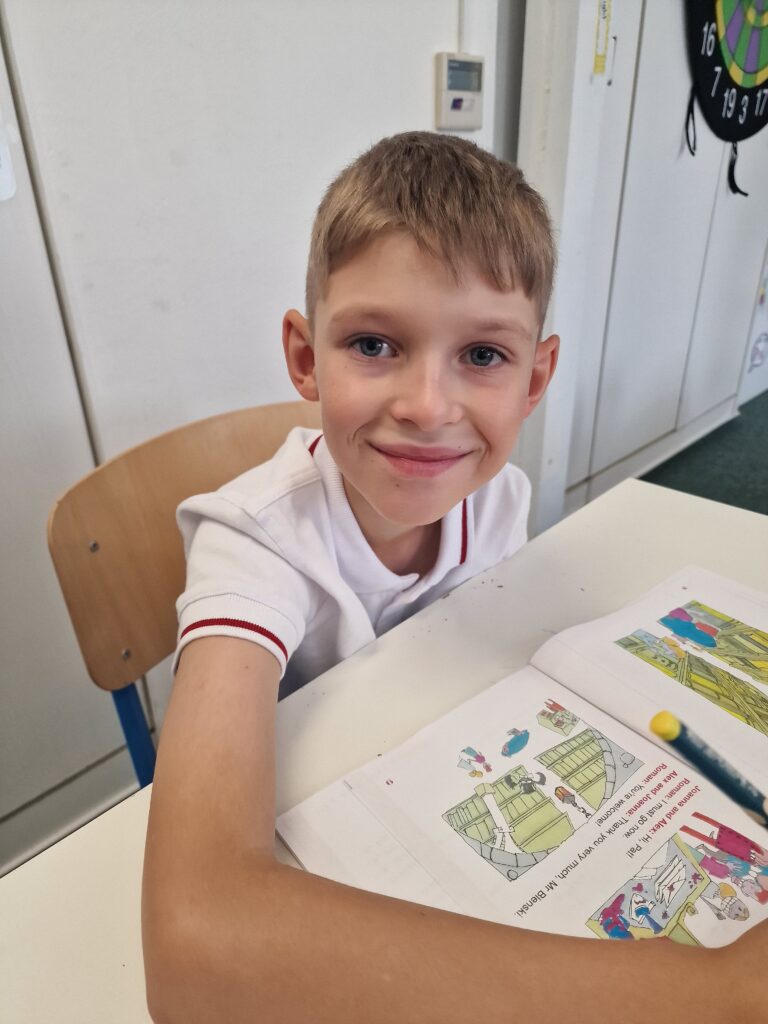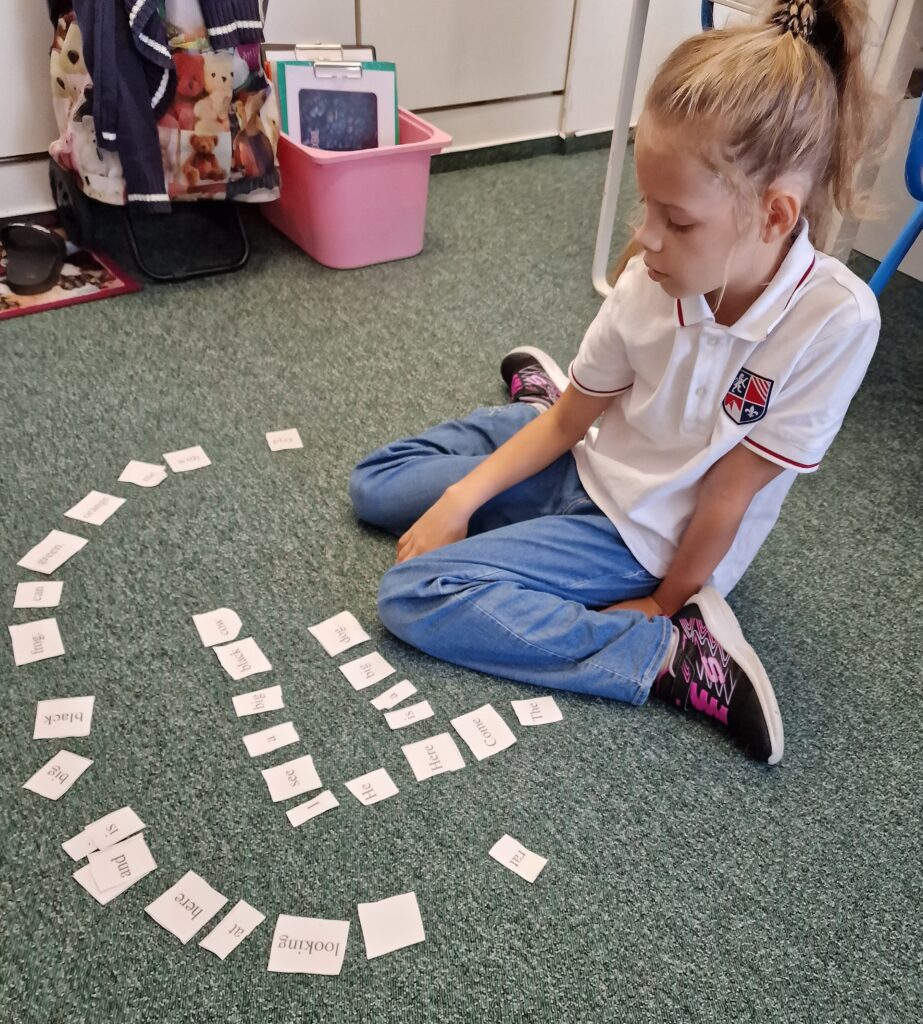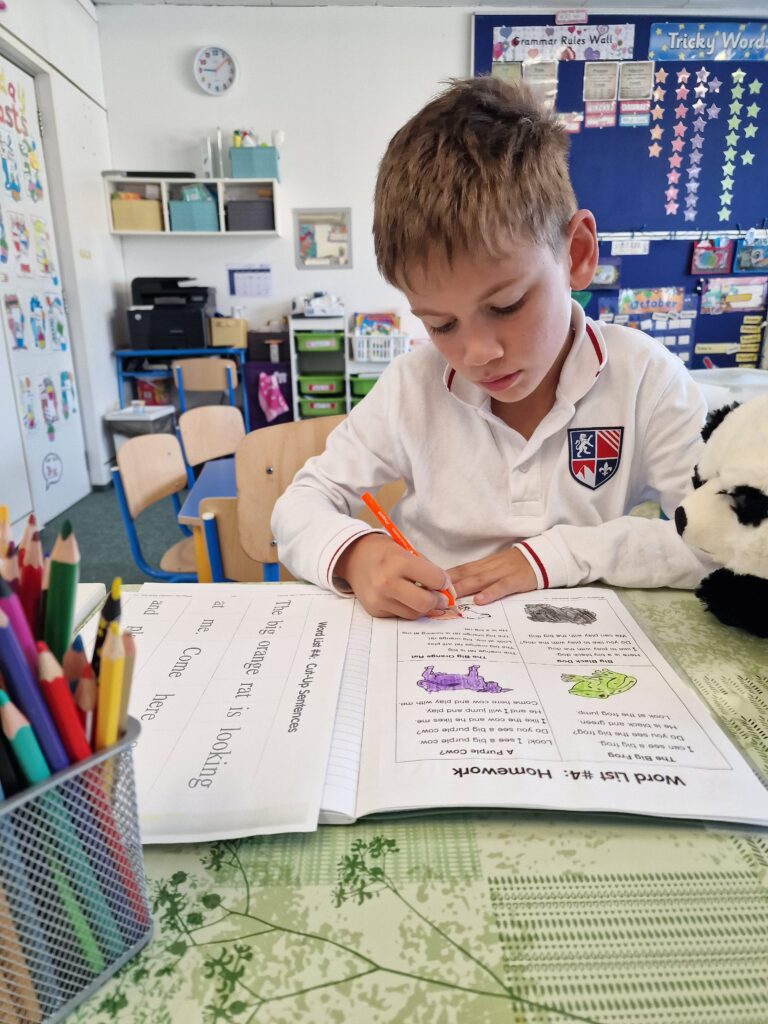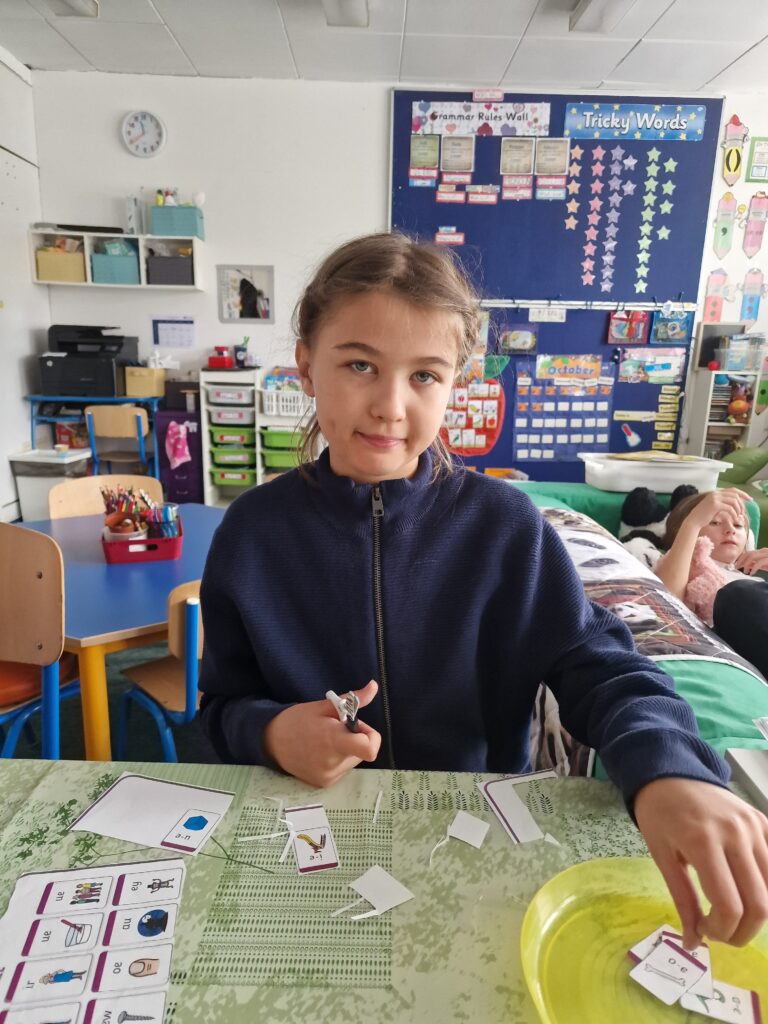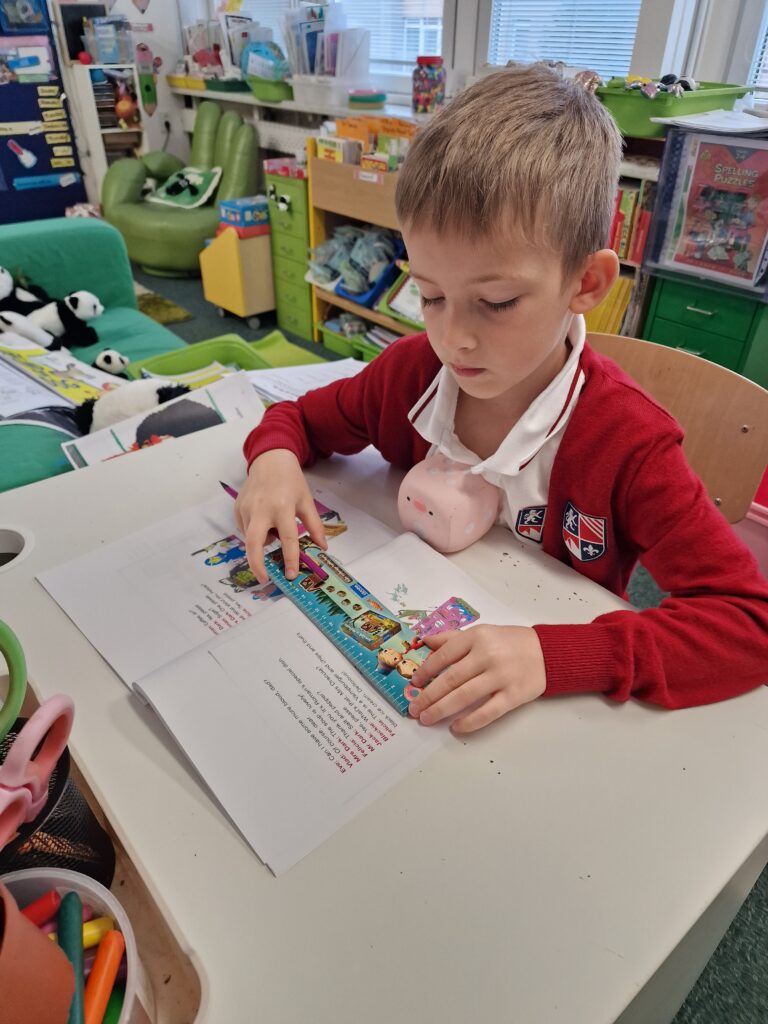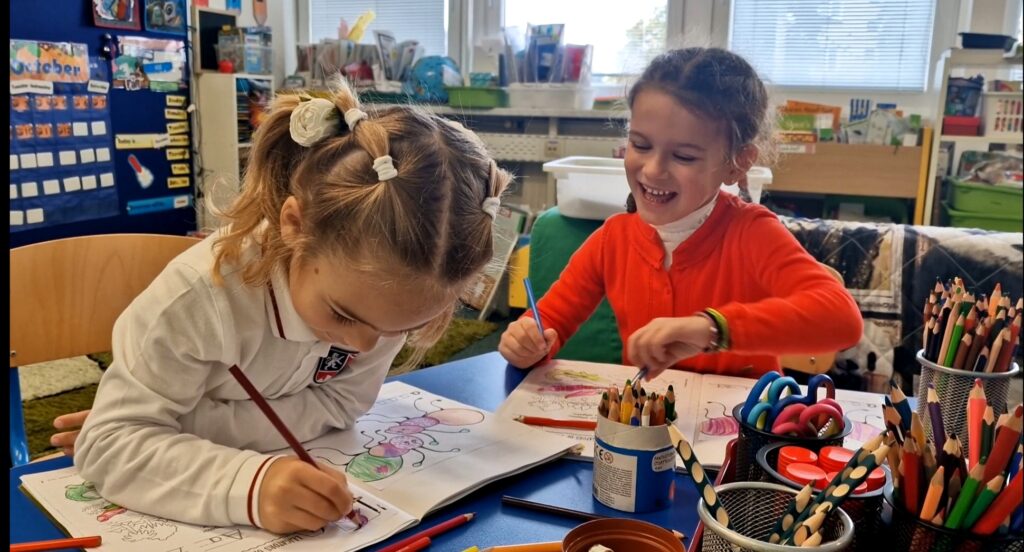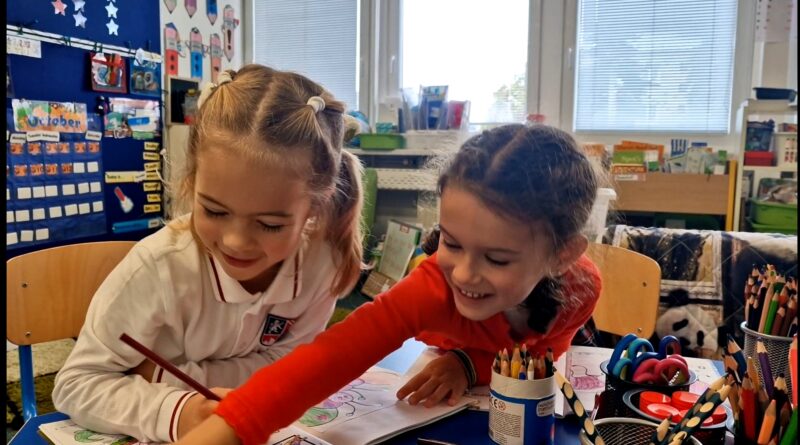Importance of Teaching Differentiation for Young Learners in the Intensive English Program
Teaching differentiation in an Intensive English Program (IEP) for young learners is of significant importance for several reasons. Differentiation refers to tailoring instruction to meet the individual needs of students, taking into account their abilities, learning styles, and prior knowledge. Here’s why it’s essential in an IEP. In an IEP, you typically have students with varying levels of English proficiency and diverse backgrounds. Differentiation allows you to provide targeted support to address their unique language learning needs. Some students may be beginners, while others may have more advanced language skills. Adapting your teaching to these differences helps all students make progress.
Inclusivity: Differentiation ensures that all students, regardless of their abilities or language proficiency, have access to quality education. It promotes inclusivity and helps avoid leaving any child behind, fostering a supportive and equitable learning environment.
Engages and Motivates: By tailoring instruction to individual needs and interests, you can make the learning experience more engaging and motivating for young learners. This can lead to improved attention, participation, and overall language acquisition.
Addresses Learning Styles: Young learners have different learning styles. Some are visual learners, some are auditory, and others are kinesthetic. Differentiation allows you to use a variety of teaching methods, materials, and activities to cater to these diverse learning styles, enhancing comprehension and retention.
Builds on Prior Knowledge: Differentiation takes into account what students already know. It allows you to scaffold instruction, building on their prior knowledge and skills. This ensures that students are neither overwhelmed with material too advanced for them nor bored by material they’ve already mastered.
Encourages Independent Learning: By offering differentiated activities and tasks, you can gradually promote independence in young learners. They can take ownership of their learning and choose activities that suit their strengths and interests, fostering lifelong learning skills.
Addresses Special Needs: Some students in an IEP may have special educational needs, such as learning disabilities or language disorders. Differentiation is crucial for accommodating these needs and providing appropriate support to help these students succeed.
Promotes Individual Growth: Differentiation allows you to track each student’s progress more effectively and provide targeted feedback. This can help students set individual learning goals and work towards continuous improvement.
Enhances Teacher Flexibility: Differentiation is not a one-size-fits-all approach. It requires teachers to be flexible and responsive to the changing needs of their students. This flexibility is a valuable skill for educators, especially in an IEP setting.
Differentiation in an Intensive English Program for young learners is crucial for providing effective and inclusive instruction. It ensures that each student can progress at their own pace, maximizes engagement, and promotes a positive and supportive learning environment. By tailoring instruction to individual needs, educators can help their students achieve greater success in acquiring English language skills.
Eva Gogova
